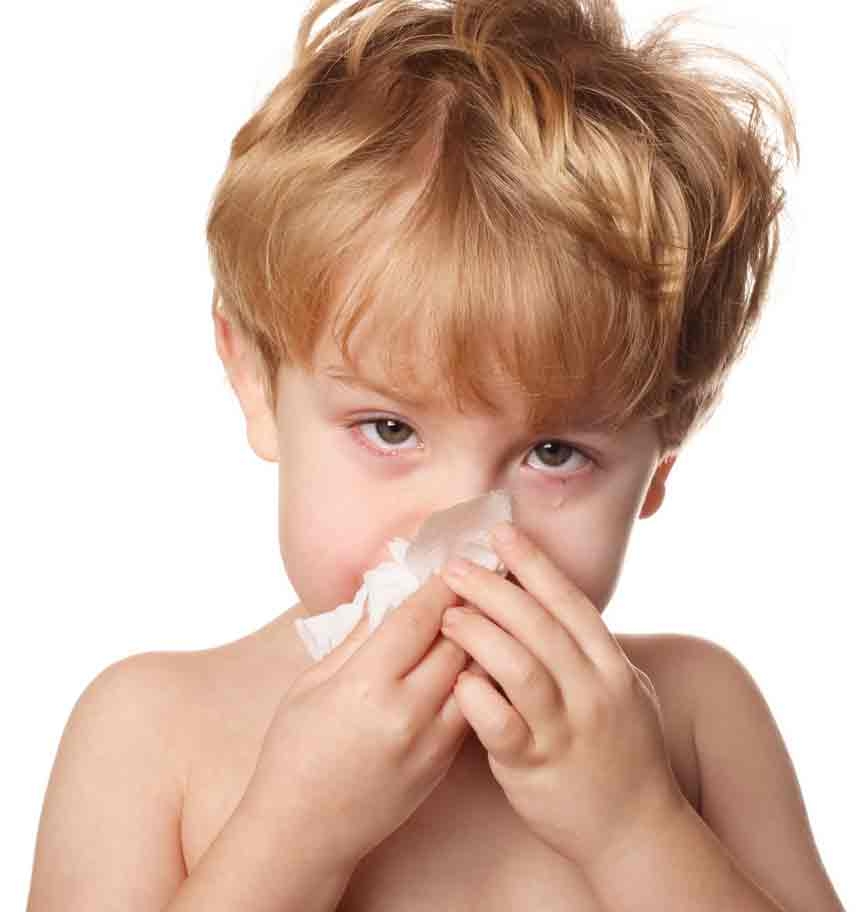
 Viral respiratory tract infections include the common cold and influenza which doctors often refer these to upper respiratory infections (Uris) while infections of the lower respiratory tract refers to symptoms in the windpipe, airways, and lungs. Children develop on average six viral respiratory tract infections each year while they possibly suffer both the upper and lower respiratory tracts. The symptoms typically peak after 3-5 days and then gradually clear. Children tend to get more upper respiratory tract infections than adults because their antibody levels are low to again many of the RTI viruses. Further, they are easily in touch of virus when their hands come into contact with nasal secretions from an infected person. Children in child care centare more likely contact with an infectious agent and are more likely to be infected with viral respiratory infections than those living at home.
Viral respiratory tract infections include the common cold and influenza which doctors often refer these to upper respiratory infections (Uris) while infections of the lower respiratory tract refers to symptoms in the windpipe, airways, and lungs. Children develop on average six viral respiratory tract infections each year while they possibly suffer both the upper and lower respiratory tracts. The symptoms typically peak after 3-5 days and then gradually clear. Children tend to get more upper respiratory tract infections than adults because their antibody levels are low to again many of the RTI viruses. Further, they are easily in touch of virus when their hands come into contact with nasal secretions from an infected person. Children in child care centare more likely contact with an infectious agent and are more likely to be infected with viral respiratory infections than those living at home.

- Cough
- Fever
- Headache
- Aches
- Pains
- Stuffy or runny nose
- Sore, red throat (pharyngitis) and possibly swollen lymph glands
- Off your food
- Feel miserable and grumpy
- Diarrhea
- Vomiting

- Viral infection
- A history of smoking
- Spending time in an enclosed area with an infected person or in close contact with an infected person
- Frequently touching eyes, nose, or mouth with contaminated fingers.
- Low blood vitamin D levels
- Seasonal change
- Low humidity


|

|

|
Seaberry Essence, with more than 190 micronutrients, can promote stronger immunity. |






























